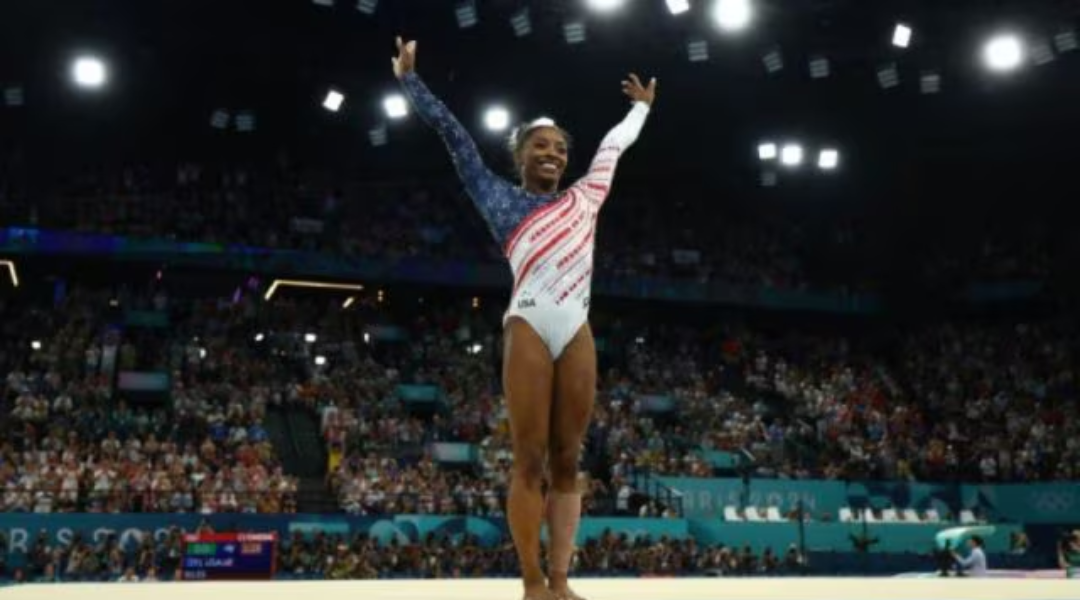Here’s how to eat like an Olympian and reach the fitness level of top athletes.
Achieving Olympic glory demands not only rigorous training but also a meticulously planned diet tailored to each athlete's specific needs and sport. The saying "you are what you eat" holds true for Olympians, as their diet

Achieving Olympic glory demands not only rigorous training but also a meticulously planned diet tailored to each athlete’s specific needs and sport.
The saying “you are what you eat” holds true for Olympians, as their diet is crucial in fueling their bodies for peak performance. While there’s no universal diet for every athlete, understanding the nutritional strategies of top competitors can offer valuable insights for anyone aiming to optimize their diet for physical excellence.
From Michael Phelps’ famous 10,000-calorie diet during his training for the Beijing Olympics to the balanced approaches of other athletes, Olympic nutrition is as varied as it is intriguing. For instance, fencer Lee Kiefer emphasizes balance and moderation, swimmer Maggie Mac Neil enjoys ice cream along with her nutritious meals, and boxer Tammara Thibeault maintains a vegetarian diet adapted to her protein needs for international competitions.
Sadhna Singh, senior nutritionist at Herenow Official, explains, “Olympic athletes don’t follow a one-size-fits-all diet. They work closely with registered dietitians and nutritionists to create a personalized strategy that meets their unique needs.”
These plans take into account:
- Sport and Training Intensity: A marathon runner requires different fuel compared to a weightlifter.
- Body Composition and Metabolism: An athlete’s body type and metabolic rate influence their dietary needs.
- Dietary Preferences and Restrictions: Allergies, intolerances, and cultural preferences are considered.
- Competition Schedule: Nutritional needs can change before, during, and after competitions.
“These plans are regularly updated, often every few months or after major events, to ensure they continue to meet the athlete’s evolving needs. It’s about staying adaptable and making adjustments as necessary,” says Singh.
Macronutrients and Micronutrients in an Olympian’s Diet
Singh highlights that Olympic athletes carefully balance macronutrients — proteins, carbohydrates, and fats — to support their training and recovery.
- Carbohydrates are the primary fuel source, providing energy for intense workouts and competitions. Athletes focus on complex carbs like whole grains, fruits, and vegetables for sustained energy.
- Protein is vital for muscle repair and growth. Athletes prioritize lean sources such as poultry, fish, beans, and lentils.
- Healthy Fats provide essential fatty acids, aid in nutrient absorption, and contribute to long-lasting energy. Athletes opt for unsaturated fats found in avocados, nuts, seeds, and olive oil.
Micronutrients, including vitamins and minerals, are also crucial for energy production, immune function, and overall health. “Athletes ensure they get enough by eating a variety of colorful fruits and vegetables and supplementing when needed,” Singh adds.
Dietary Challenges During International Travel
Traveling can disrupt even the most carefully planned diets, presenting challenges such as:
- Unfamiliar Foods: Local cuisines might not always match their usual options.
- Limited Healthy Choices: Airport food and on-the-go meals can be less ideal.
- Jet Lag and Disrupted Routines: Travel can affect sleep patterns and eating habits.
To manage these challenges, athletes often:
- Plan Ahead: Pack healthy snacks and supplements.
- Research Local Options: Find restaurants or markets with healthy choices.
- Prioritize Hydration: Staying hydrated is especially important when traveling.
- Adapt and Adjust: Be flexible and make the best choices possible under the circumstances.
Singh notes that these strategies can benefit anyone. “When traveling or facing unexpected situations, plan ahead, make smart choices, and prioritize hydration.”
Balancing Strict Regimens with Indulgence
While Olympians follow strict dietary plans, they also recognize the importance of flexibility and occasional indulgence. “A rigid diet can lead to burnout and nutrient deficiencies, impacting both performance and overall well-being,” Singh explains.
Moderation is key — finding a balance that allows enjoyment without compromising health and performance goals is essential.




